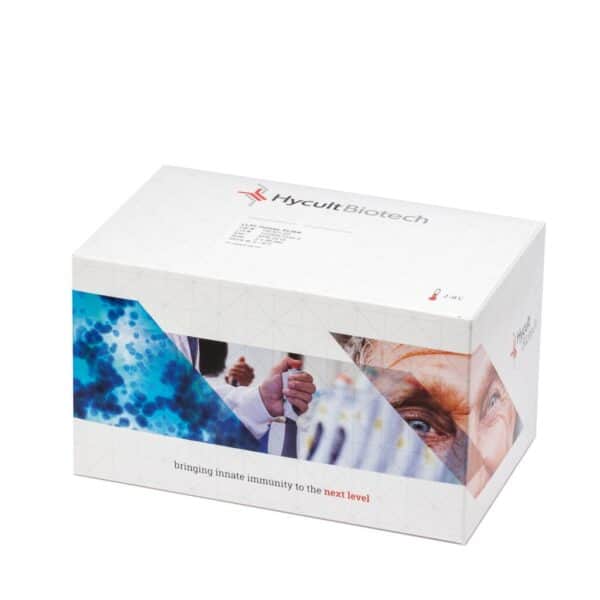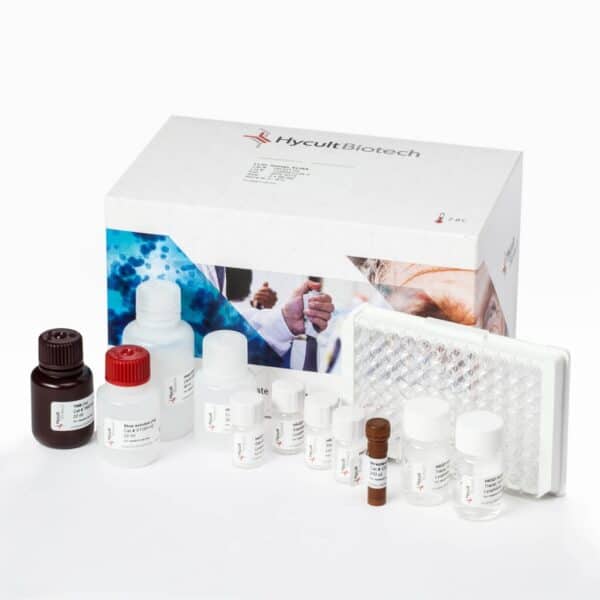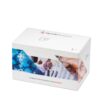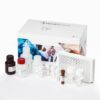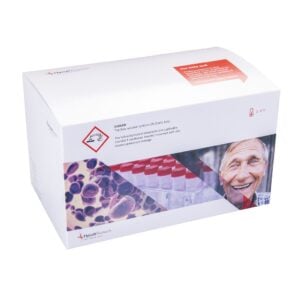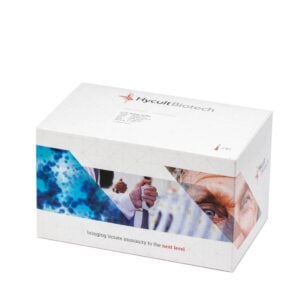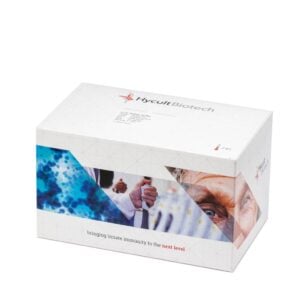sCD59, Human, ELISA kit
€825.00 – €1,359.00
CD59, an essential glycoprotein on cell surfaces, regulates complement-mediated lysis by inhibiting the membrane attack complex (MAC). As a guardian of cellular integrity, sCD59 prevents inflammation and thrombosis by blocking MAC formation. Its ubiquitous presence across mammalian cells underscores its role in immune regulation and T cell activation. CD59 gene mutations lead to deficiency, causing hemolytic anemia and cerebral infarction, highlighting its clinical importance. With levels ranging from 22 to 119 ng/ml in healthy plasma, sCD59 emerges as a crucial biomarker for immune health, offering therapeutic potential for complement-related disorders.
You may be interested in…
-
Complement C7, Human, ELISA kit
Cross reactivityCynomolgus monkey – No, Mouse – No, Pig – No, Rat – NoView product €756.00 – €1,223.00 -
TCC ELISA, human, kit
Cross reactivityCynomolgus monkey – Yes, Horse – No, Mouse – No, Pig – Yes, Rabbit – Yes, Rat – NoView product €756.00 – €1,223.00 -
View product €741.00
-
View product €741.00
